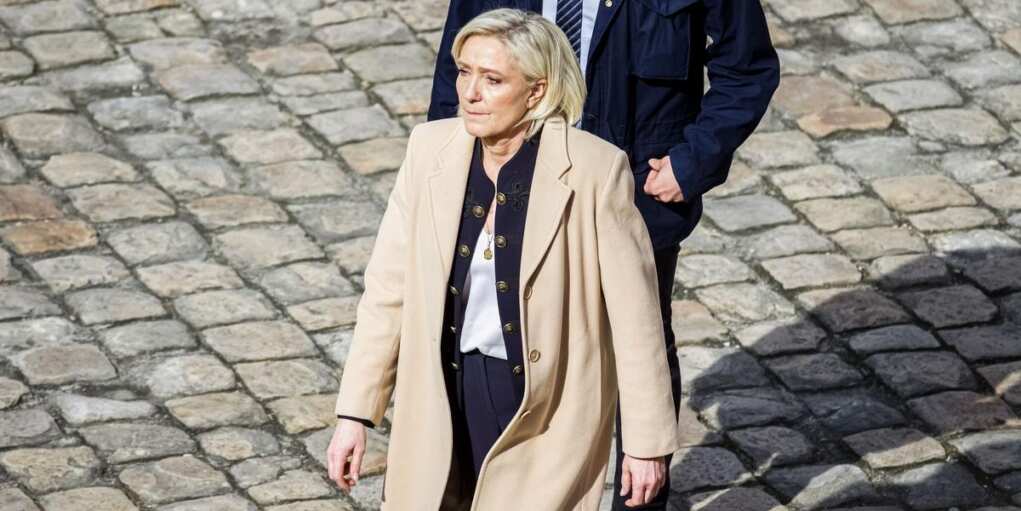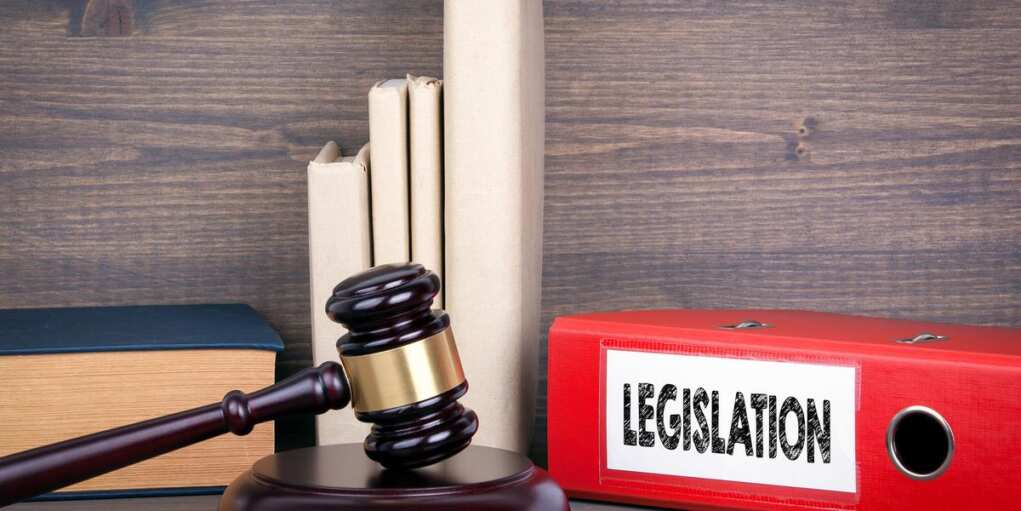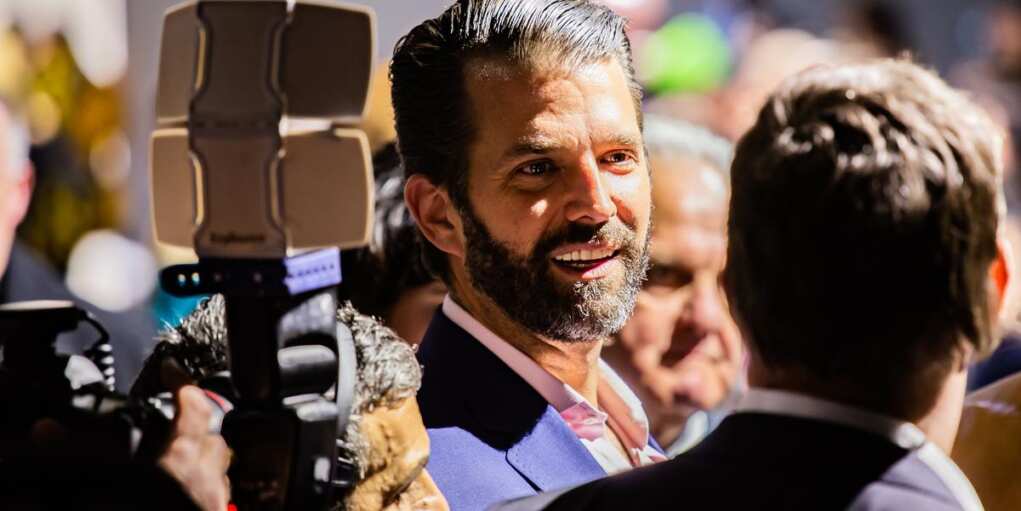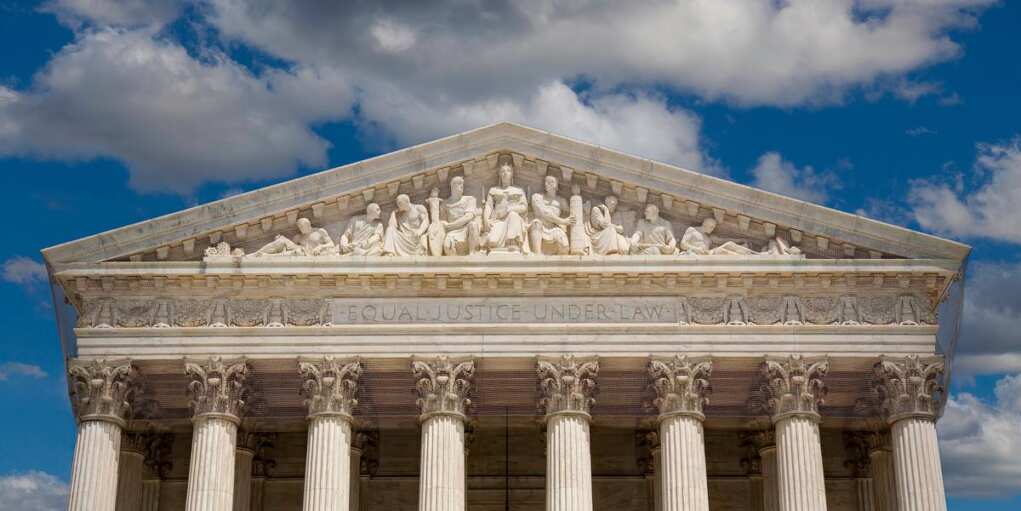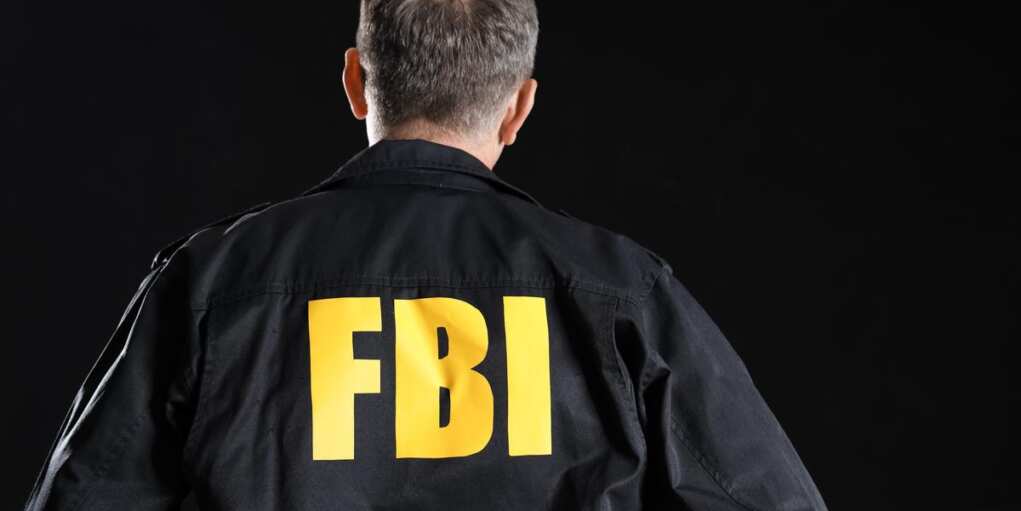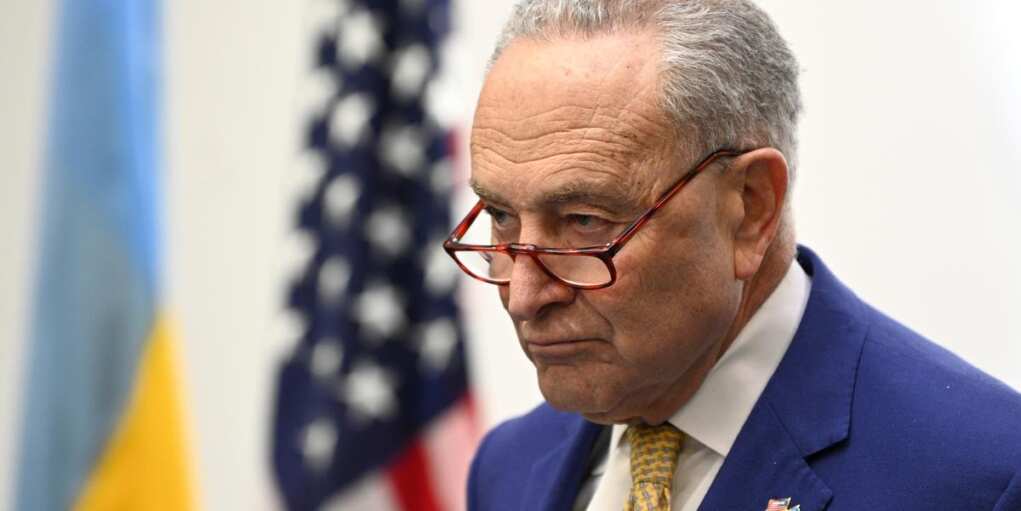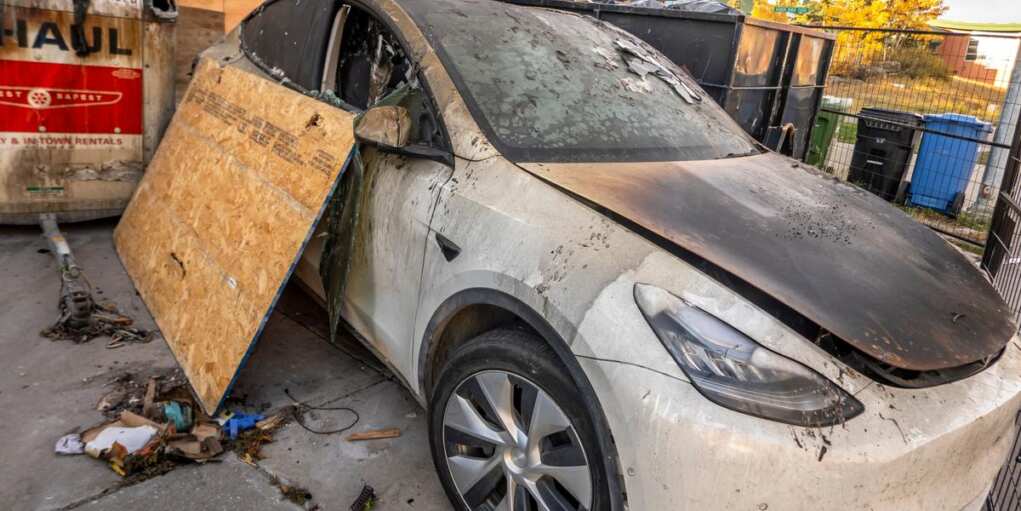‘Resistance Labs’ Created to Topple Trump – Shocking Plans Revealed!
PeopleImages.com - Yuri ARep. Pramila Jayapal (D-WA) told MSNBC’s Rachel Maddow on Monday that she’s spearheading “resistance lab” trainings aimed at preparing Americans to fight what she claims could be a future dictatorship under President Donald Trump. During the segment, Jayapal accused the Trump administration of potentially ignoring judicial decisions and framed her efforts as a grassroots shield […]
Marine Le Pen Banned from Office Until 2029—Populist Shockwaves Rock France
Antonin AlbertMarine Le Pen, the populist leader of France’s National Rally and frontrunner in the 2027 presidential race, was hit with a stunning legal blow on Monday after a Paris court ruled her ineligible to run for public office for five years. The decision, stemming from a conviction for embezzling European Union funds, is being slammed […]
House GOP Unveils Bill to Ban Citizenship for Illegals—For Good
stoatphotoHouse Republicans are drawing a firm red line in the immigration fight with a new bill aimed at shutting the door permanently on illegal aliens ever becoming U.S. citizens. Introduced by Rep. Cory Mills (R-Fla.), the No Citizenship for Alien Invaders Act would amend the Immigration and Nationality Act to state clearly: “No alien who […]
Judge Fights Trump Over ‘X’ Mark on Passports
GorodenkoffA federal judge in Massachusetts is pressing the Trump administration to explain its decision to eliminate the “X” gender marker from U.S. passports and other official documents, demanding to know what data or reasoning justified the return to biologically defined male and female categories. Judge Julia Kobick questioned the Department of Justice about whether any […]
Don Jr. Just Nuked the GOP’s Neocon Cowards
Aleksandr DyskinThe gloves are off—and Don Jr. isn’t holding back. After yet another round of anonymous sniping from Washington’s weak-kneed Republican establishment, Donald Trump Jr. unloaded on a pack of unnamed GOP senators for their spineless attacks on Vice President JD Vance. Their crime? Daring to question the wisdom of bombing the Houthis in Yemen without […]
Trump Takes the DEI War to the Supreme Court
Bob PoolPresident Trump’s Education Department is drawing a hard line on DEI—and now it’s heading straight to the Supreme Court to make it stick. On Wednesday, the administration formally asked the high court to block a lower court order that forced the federal government to resume payouts on canceled diversity, equity, and inclusion-related education grants. These […]
Trump’s Election Integrity Order Targets Voter Rolls and Mail Ballots
LyonstockPresident Donald Trump has consistently championed election integrity since his 2016 campaign, with his concerns intensifying after the contested 2020 election. Throughout his 2024 campaign, he emphasized this issue, pledging to restore confidence in America’s electoral process. On Tuesday, he fulfilled this promise by signing a new executive order, “Preserving and Protecting the Integrity of […]
Trump’s Push for Epstein Files Puts FBI on High Alert
Pixel-ShotPresident Donald Trump is delivering on a campaign vow to peel back layers of mystery surrounding Jeffrey Epstein, the disgraced financier whose death in a New York jail cell six years ago sparked endless speculation. The FBI’s premier New York field office, staffed with over a thousand agents and a similar number of civilian workers, […]
Schumer Makes A Pathetic Prediction of “GOP Collapse”
Bumble DeeSenate Minority Leader Chuck Schumer (D-NY) took to NBC’s “Meet the Press” Sunday, delivering a sharp warning to congressional Republicans about their political future under President Donald Trump’s leadership. Host Kristen Welker pressed Schumer on Democratic unrest, asking, “Some Democrats are saying they want leadership to show more fight in this moment. They think that’s […]
Trump Issues Stern Warning to Tesla Vandals and Their Backers
oasisamuelPresident Donald Trump sent a clear message late Thursday night, vowing to pursue those targeting Tesla vehicles and dealerships with a vigor that reflects the GOP’s unwavering support for American enterprise and public safety. He declared on Truth Social, “‘People that get caught sabotaging Teslas will stand a very good chance of going to jail […]



